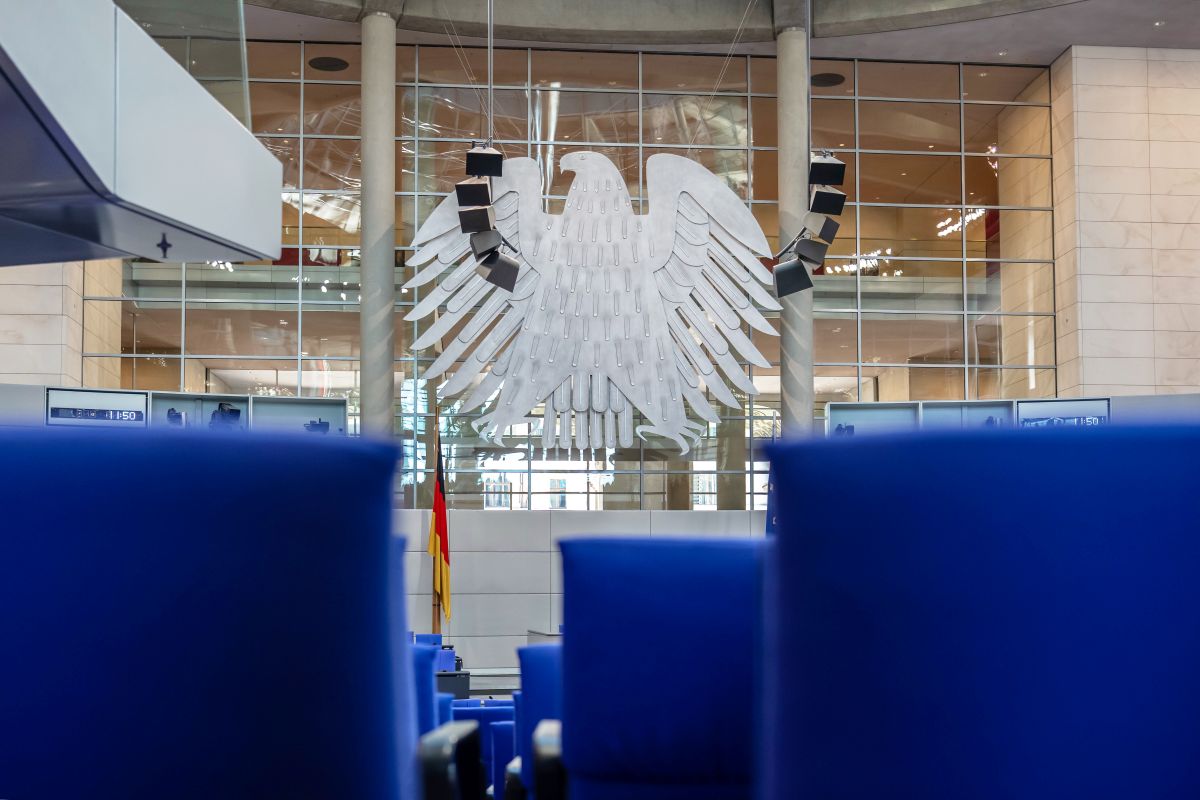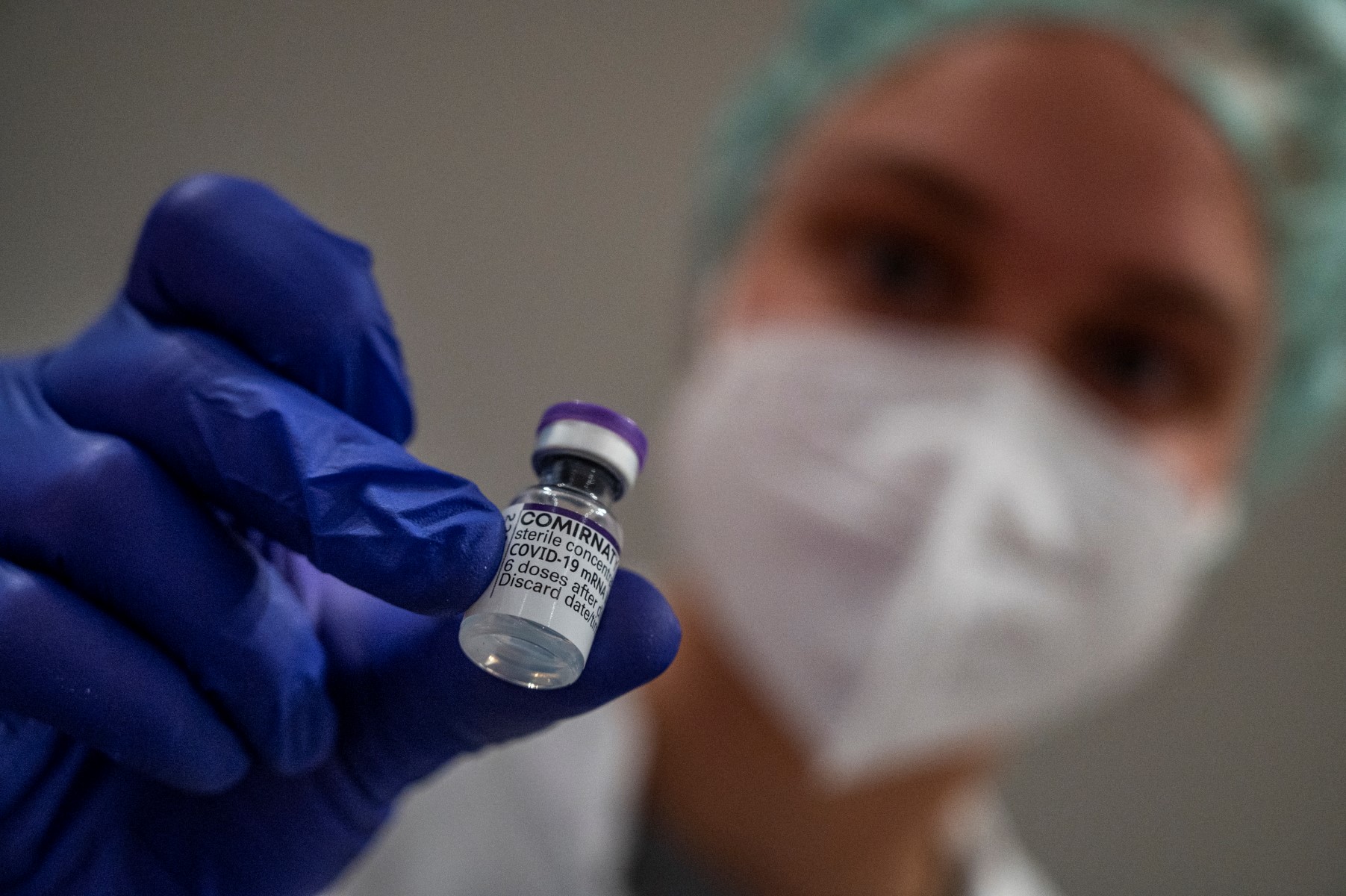Health insurance fund says suspected medical errors remain high
The number of suspected cases of medical errors remains at a high level, according to an analysis by German insurance company Techniker Krankenkasse (TK).
According to data from Monday, which was made available to the Redaktionsnetzwerk Deutschland (RND), 6,431 insured persons contacted the insurance company last year because they suspected a medical error. This is the second-highest number in the past 10 years, only slightly below the previous peak in 2023, when 6,509 policyholders reported suspected errors.
READ ALSO: German health insurance boss warns of 'massive' contributions hike
The range of reported incidents ranges from mixed-up medications and surgery on the wrong body part to deaths due to care and treatment errors, insurance company head Jens Baas told RND. Most complaints relate to surgery and dentistry, according to the statistics.
The TK CEO called for the mandatory reporting of treatment errors in all medical facilities. Currently, errors are only recorded when patients report them themselves, meaning many errors go undetected. Baas called for an "open error culture" to improve the quality of medical care.
German leaders pay tribute to Pope Francis
Germany's incoming chancellor Friedrich Merz on Monday expressed "great sorrow" following the death of Pope Francis, describing him as a man "guided by humility and faith".
The pope "will remain in our memories for his indefatigable commitment" to "the most vulnerable, for justice and for reconciliation," he said.
Meanwhile, outgoing Chancellor Olaf Scholz hailed Pope Francis as a "man of reconciliation".
The head of the Catholic church passed away on Easter Monday at the age of 88 following a stroke and a heart attack.
His death begins a nine-day period of mourning in the Catholic church.
In Germany, books will be placed at a number of Catholic dioces, including Cologne Cathedral, where mourners can gather and share their thoughts on the pope.
READ ALSO: Pope Francis dies on Easter Monday aged 88
CDU/CSU and SPD want to elect a female president
Representatives of the CDU/CSU and SPD want a woman to be the next German head of state, they told Tagesspiegel.
"Of course, a woman in this office would be a very good signal for equality in our country," Minister-President of Rhineland-Palatinate, Alexander Schweitzer (SPD) told the paper.
Germany has "time and again succeeded in electing an outstanding personality from the broad democratic centre to the highest office of state," he said, adding that he was confident this would be achieved again this time.

Chairwoman of the SPD women's party, Maria Noichl, also called for a woman to succeed Federal President Frank-Walter Steinmeier. "After twelve men, a woman is probably not too soon," she told the paper, saying that the SPD women would "fight" for this.
Women in the CSU also advocated for a woman as head of state. "Of course, Germany is ready for a female Federal President," said Ulrike Scharf, chairwoman of the CSU Women's Union. Women are "the lifeblood of modern, value-based, and responsible politics," she said.
The next presidential election will take place in February 2027. The 69-year-old incumbent, Frank-Walter Steinmeier, is serving his second term and is therefore not eligible to run again.
Missing six-year-old likely dead as body recovered from river
Almost a month after the disappearance of an autistic six-year-old in Hesse, his body has likely been discovered in the Lahn River.
Police in Wiesbaden announced late Sunday evening that a canoeist had discovered the lifeless body of a child in the river near the town of Weilburg in Hesse. It was "very likely" that it was Pawlos, the missing child, they said.
According to a police spokesperson on Monday, forensic examinations have been ordered to conclusively determine the identity of the dead child and the circumstances of his death. The results are expected in the coming days.
"The news of little Pawlos' death saddens me. My thoughts are with his family," Hesse's Prime Minister Boris Rhein (CDU) said on X.
Pawlos had been missing since March 25th. According to police, he left school and was seen walking near the train station before the trail went cold. Large-scale search and manhunt efforts were unsuccessful.
Germany recognises almost 600 cases of damage from Covid-19 jab
German authorities have recognised almost 600 cases of permanent damage as a result of the Covid-19 vaccination, the Frankfurter Allgemeine Zeitung reported, citing their own enquiries with the state pension offices.
By the beginning of April, at least 573 cases had been recognised.
According to Germany's ministry of health, 64.9 million people in the country received a dose of the vaccine between December 2020 and April 2023. Around 52.1 million people were vaccinated twice, while 12.7 million received more than two doses and 18.4 million people remained unvaccinated at that time.
READ ALSO: Who should get a top-up Covid jab in Germany?

According to the report, the pension offices responsible for processing these claims received more than 14,000 applications for recognition of vaccine damage following the Covid-19 jabs. The vast majority were rejected, meaning that appeals are still ongoing in more than 2,000 cases across the country.
Germany recognises damage to health from complications following an officially recommended or legally mandated vaccination.
Depending on the severity of the damage caused, those affected are then entitled to treatment, rehabilitation, or pension payments for disability.
To be eligible, there must be a proven link between the vaccine and the health condition - usually certified by experts - and the damage must go beyond the ordinary side effects of vaccination.
Easter marches attract tens of thousands of peace activists
The organisers of Germany's traditional Easter marches said they were satisfied with the level of participation in this year's actions, which saw thousands of participants and some 100 planned actions around peace and disarmament, from demonstrations to bicycle parades, across the weekend.
READ ALSO: What are Germany's Easter marches and how did they begin?
"Tens of thousands of peace activists" participated in Easter marches over the weekend, said Willi van Ooyen, spokesperson for the Easter March Information Centre, on Monday in Frankfurt am Main.
This year, the peace marches centred primarily on the wars in Ukraine and the Middle East, as well as the planned rearmament of Germany and Europe.
Van Ooyen called for "a new policy of détente," adding that "no war" should originate from German soil.
With additional reporting by AFP and Imogen Goodman

Comments